Evaluating Australian Government's Agricultural Programs: Conclusion
VerifiedAdded on 2023/06/11
|5
|830
|443
Essay
AI Summary
This essay provides a conclusion to an analysis of the development programs instituted by the Australian Government over the past five years, focusing on their impact on domestic markets and the agricultural sector. It highlights the success of voluntary public-private partnerships in promoting sustainable farming and natural environment conservation. The essay discusses emergency assistance provided to farmers during natural disasters, the role of research and development corporations in introducing new farming technologies, and the Farm Management Deposits Scheme for financial risk mitigation. It also emphasizes the importance of business management education for farmers and the government's compensation for regions affected by exceptional circumstances. The conclusion underscores the significance of environmental conservation initiatives like "Landcare" and recommends further efforts to reduce input costs, improve commodity prices, and enhance food stocks within the Australian agricultural sector. Desklib offers similar solved assignments and study tools for students.
1 out of 5
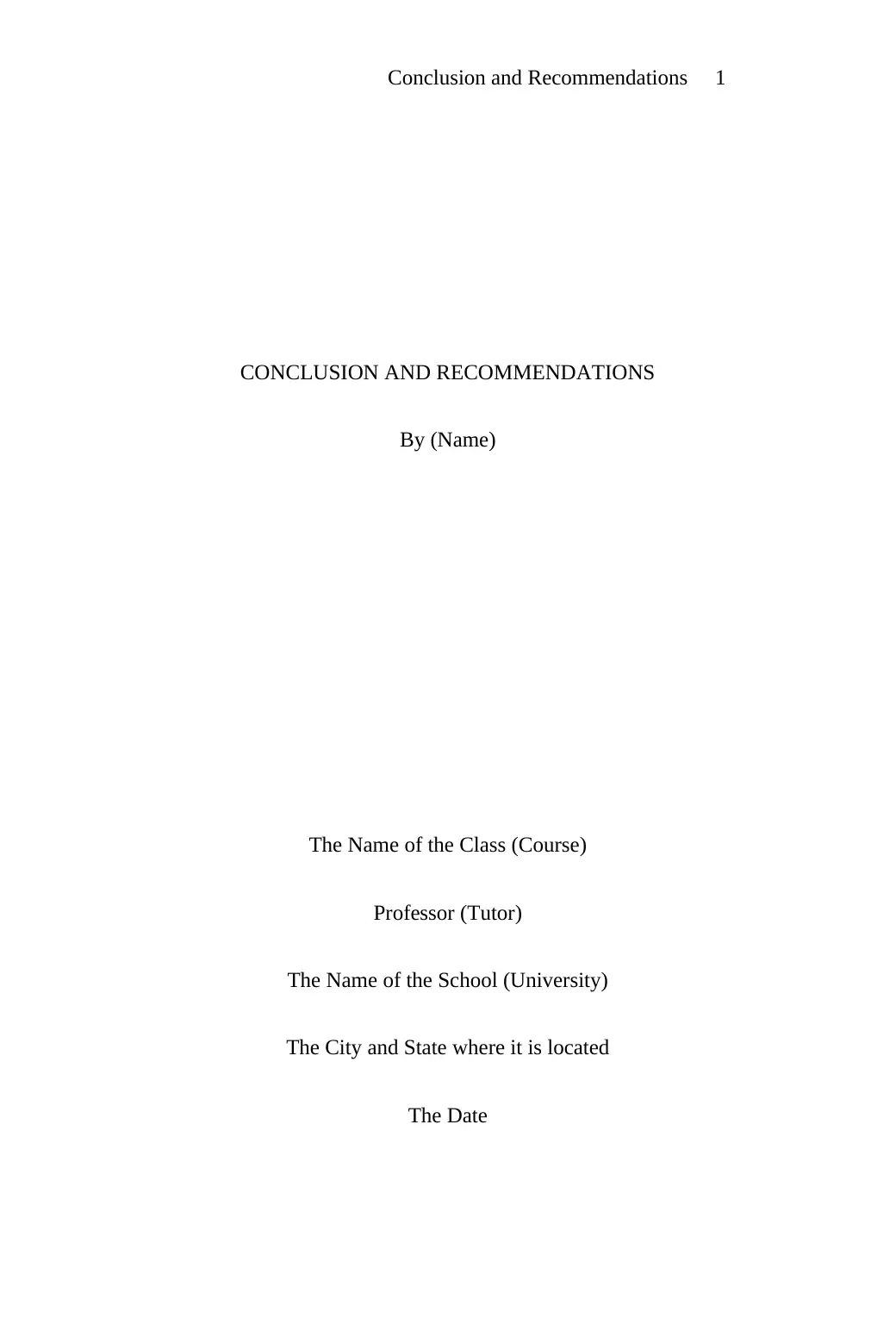
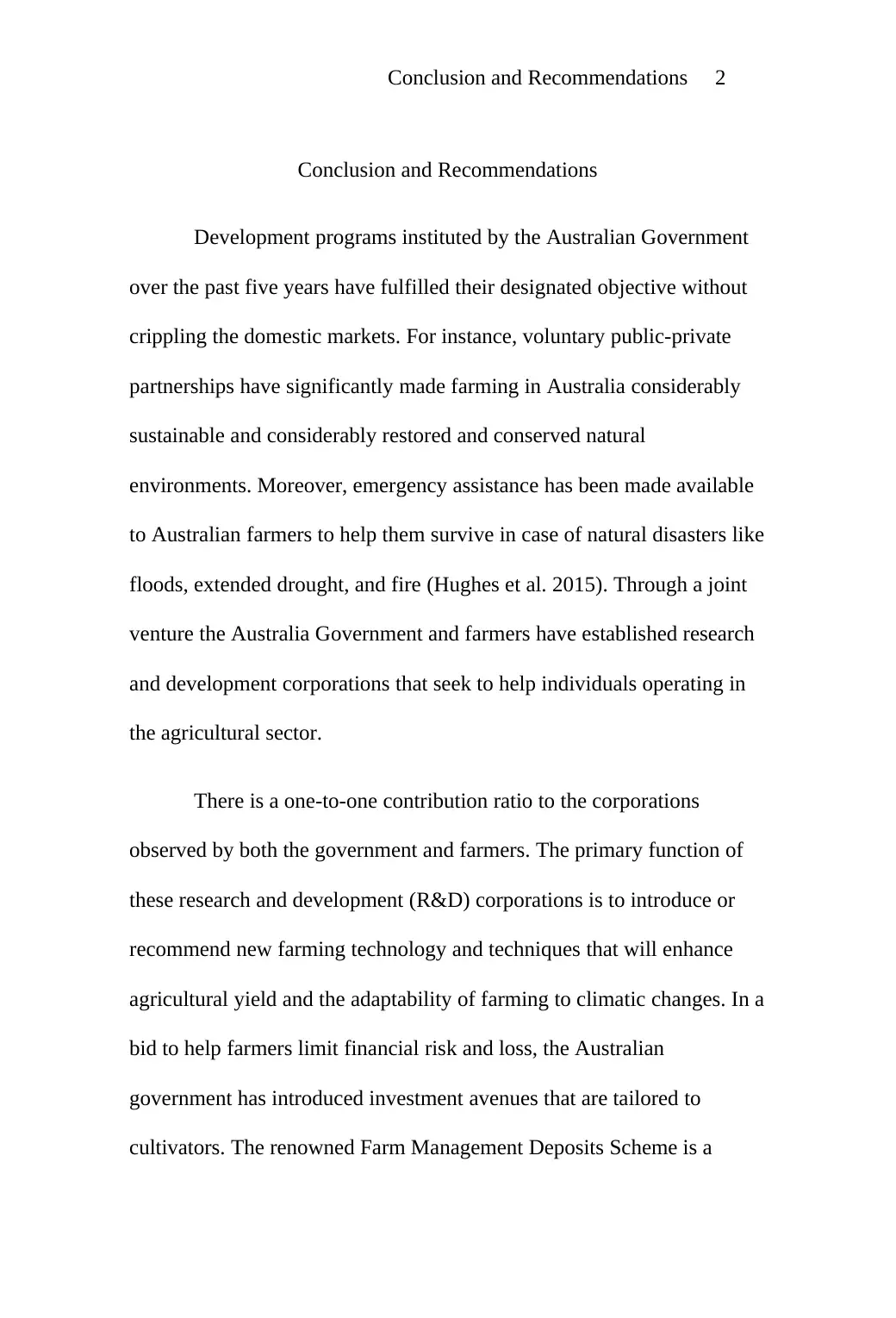
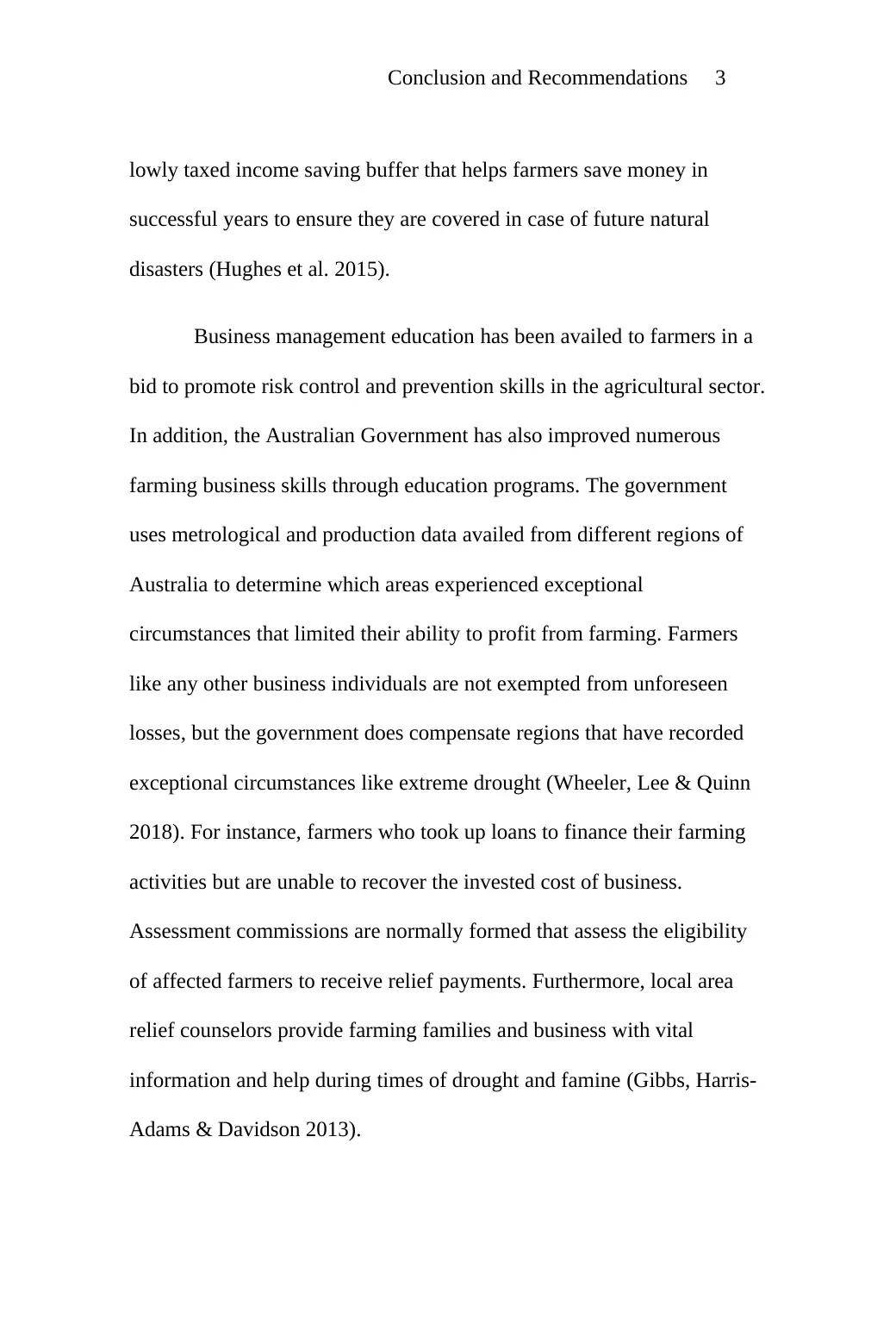

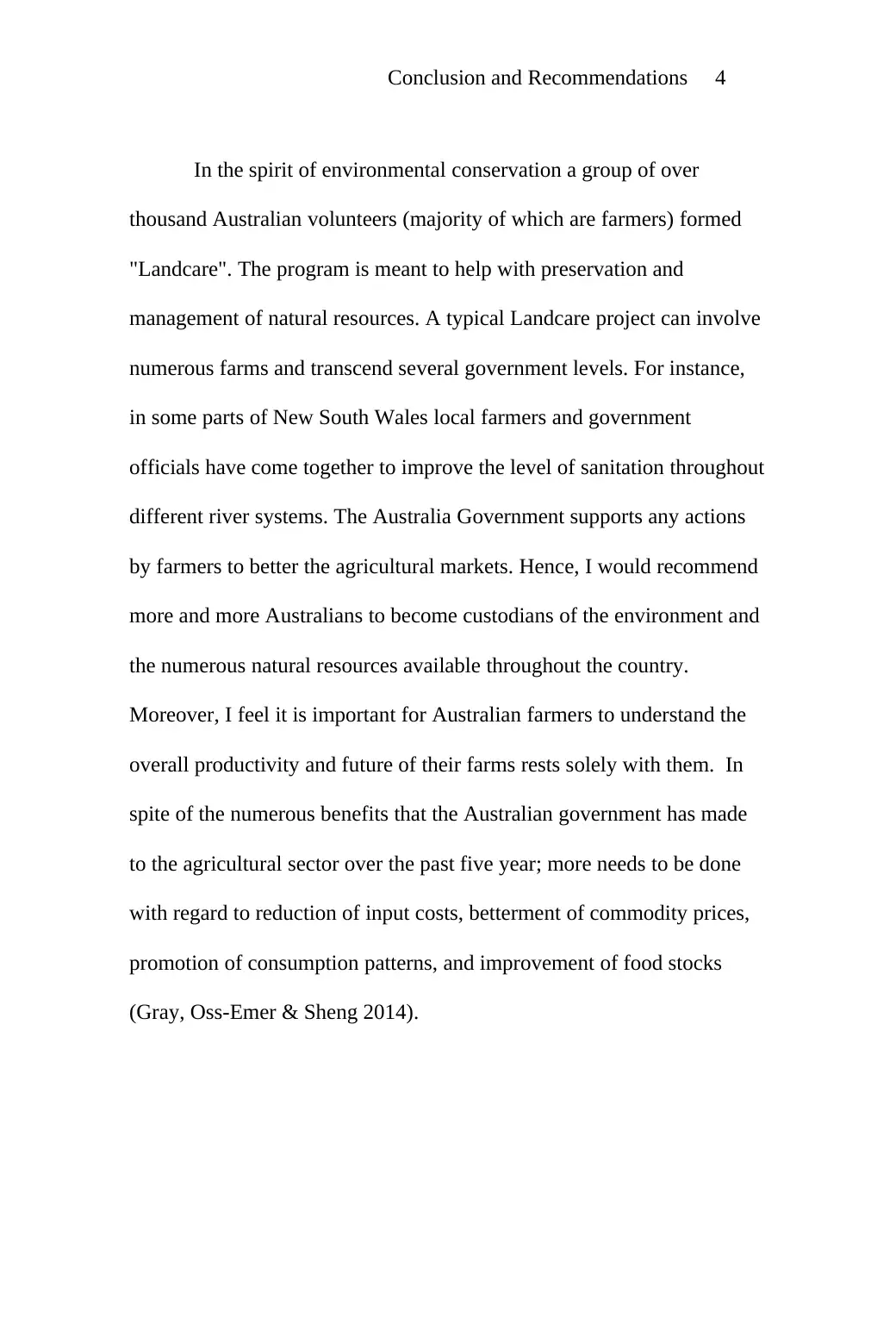
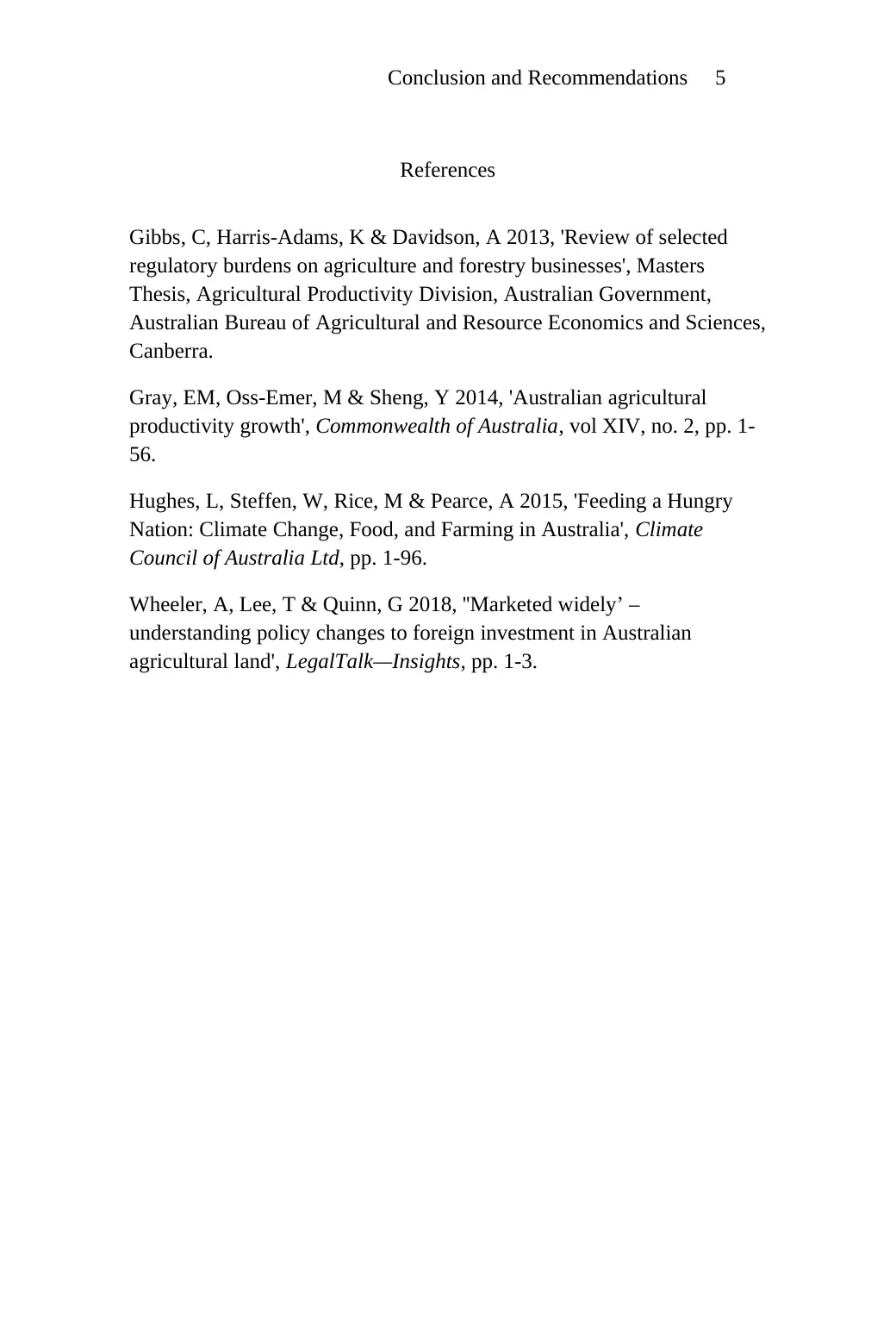

![[object Object]](/_next/static/media/star-bottom.7253800d.svg)